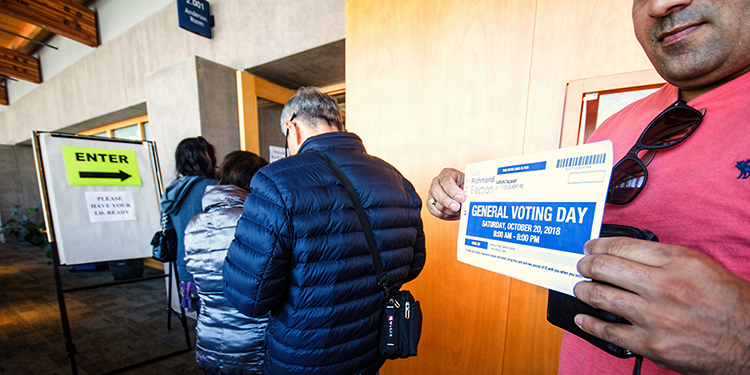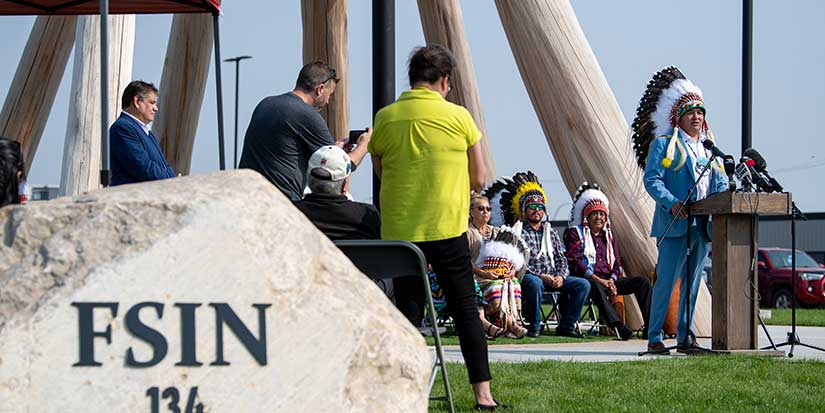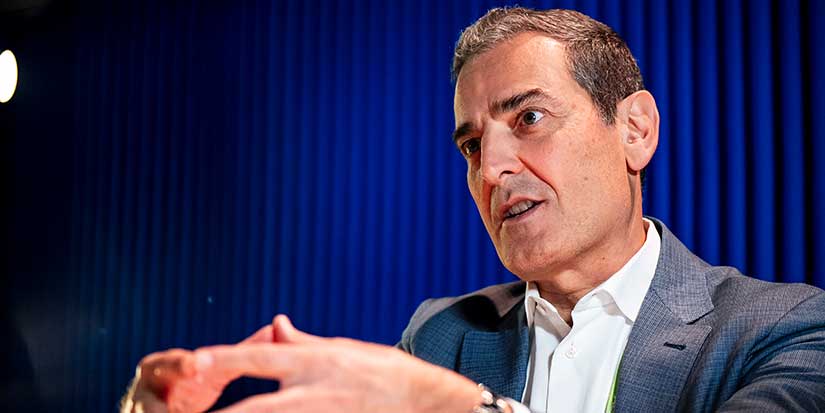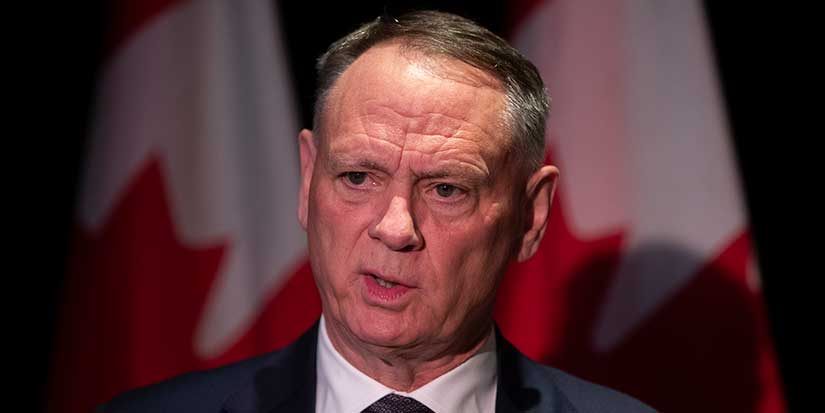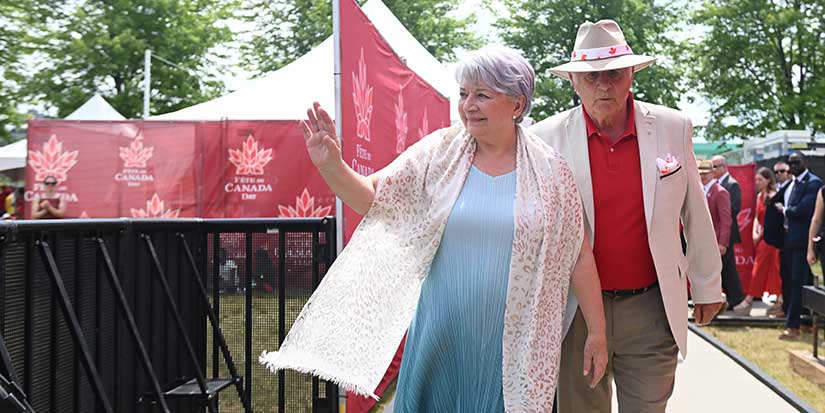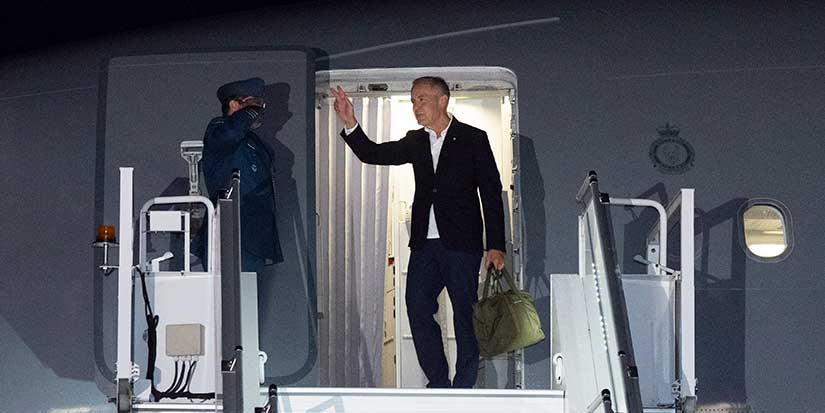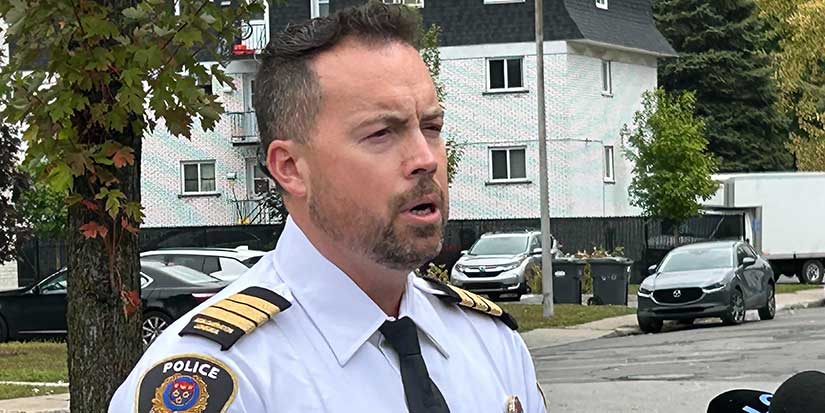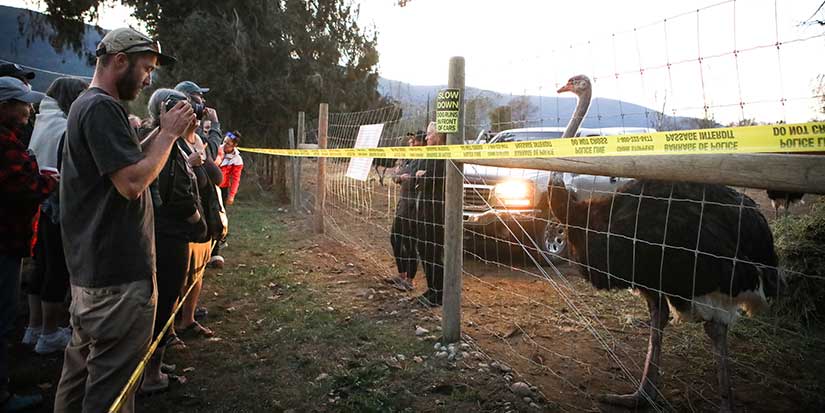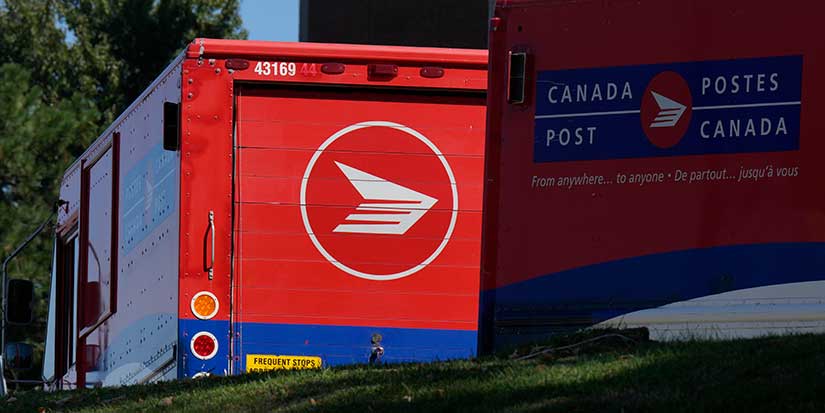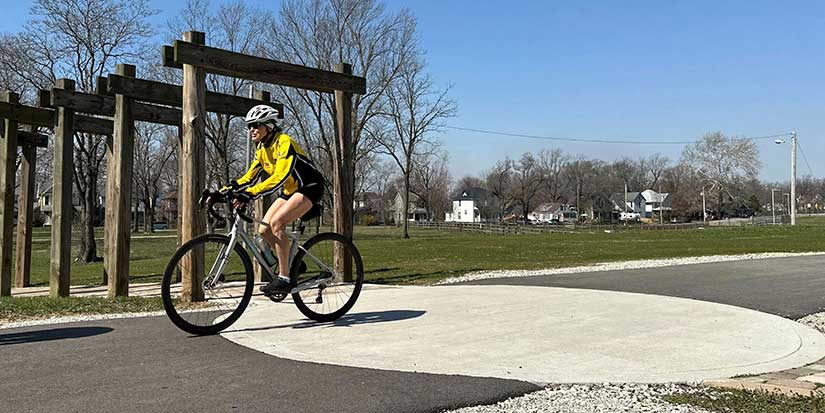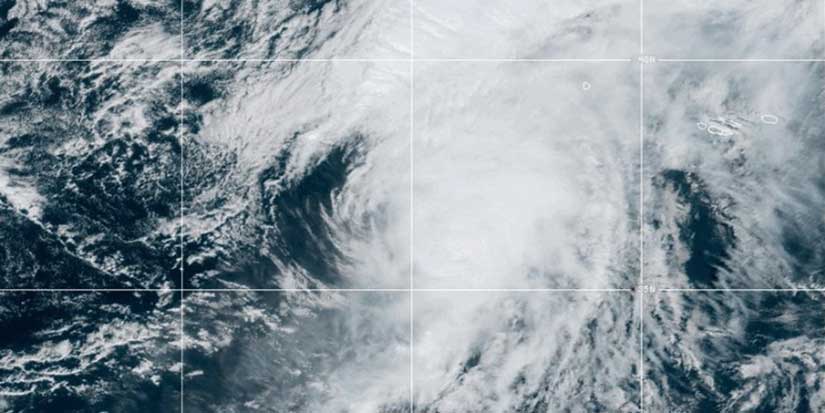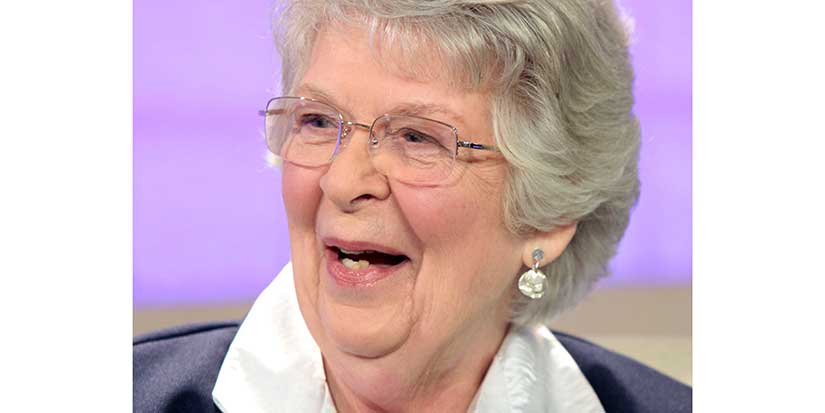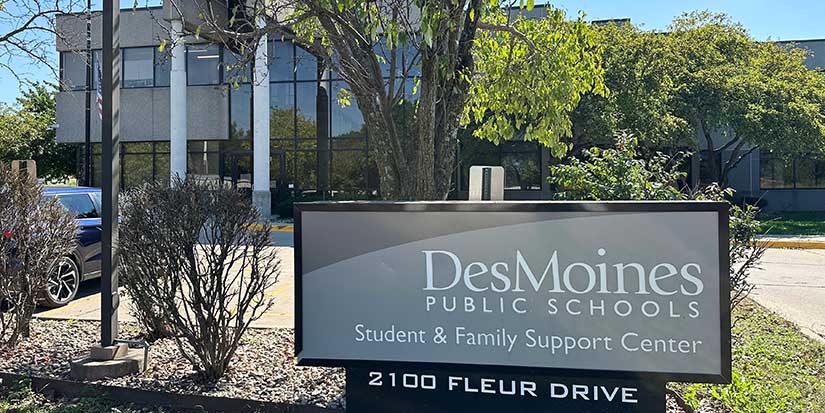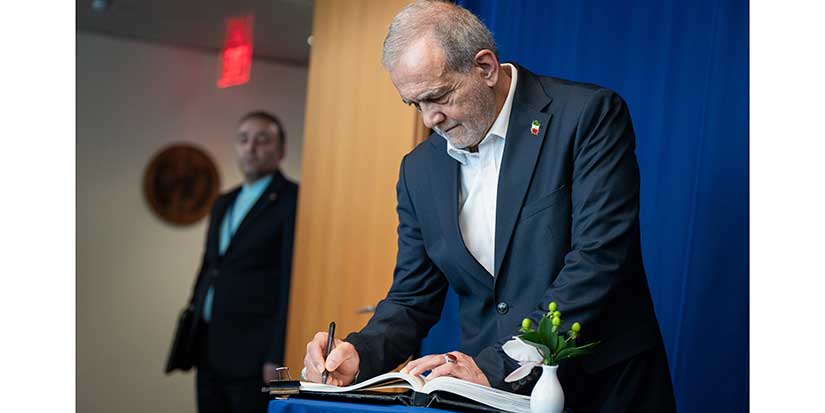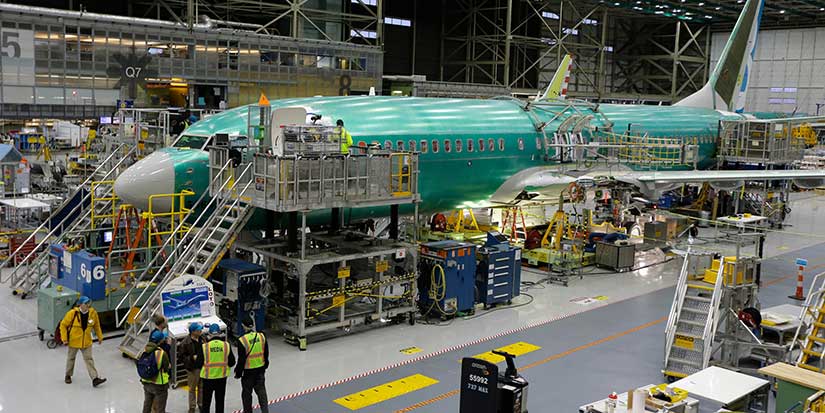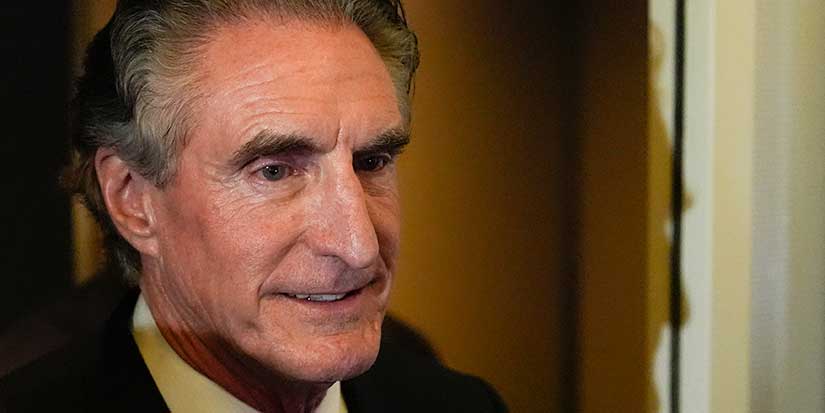Latest News
Civic vote is 'biggest bang for buck'
Published 2:12 PDT, Wed October 17, 2018
Last Updated: 2:12 PDT, Wed May 12, 2021
Patrick Smith specializes in civic politics
as a professor in both political science and urban studies at Simon Fraser
University.
And he has some ideas and some suggestions
when it comes to causes and solutions for low voter turn-out in civic
elections.
Our civic votes have great impact, Smith
says, for two reasons: one being the fact that the biggest budget, per person,
that we determine is the school budget, followed by the civic one.
“It’s a cliché but there’s some truth to it.
It’s the one that is the closest to where we actually live, to what we do in
our every day lives.”
All the other budgets and decisions are
diluted by distance, in our case, by MLAs in Victoria and MPs in Ottawa.
The other reason our civic votes have impact
is the power of each individual vote so people exercise their franchise.
In Richmond, the home of historically low
voter turn-outs, the fact that only 32.4 per cent of our eligible voters voted
means it’s like you are voting for 2 other voters who didn’t show up. According
to Justinne Ramirez, Richmond’s elections communications specialist, if you
include all 222,945 people who live here, who are affected by those you elect,
and if the percent turnout is the same this year, your single vote affects 6
people.
Those decisions you make, and those who do
vote, can mean a big difference in everyday life and in an emergency.
“Civic politics relates to things like the
quality of public education system in our neighbourhoods, the need to keep our
roads, bridges and facilities in good repair,” says Smith.
Smith says most municipalities have a “generally
pretty good record of…taking care of infrastructure and taking care of it so it
doesn’t collapse.”
As an example of a municipality that has let
things run down due to where they choose to spend their money, Smith cites
Montreal where some bridges and overpasses have been closed because of risk of
collapse because of inadequate maintenance. Elected civic officials make those
decisions—what gets fixed, what is kept up and what is just left to the
elements.
Smith also mentions other areas that are
mainly municipal decisions: “Fire protection and public safety are big costs of
municipalities that are generally done well.”
Smith gives examples, such as whether a city
has its own police force or contracts with the RCMP, that are decided by
elected officials. How many police officers there are in any given community is
decided by city council.
“In other municipalities, they have more
expenses like swimming pools and marinas, parks and green spaces. Things that
are important for most people,” he says.
Smith points out that decisions on how the
education dollars are spent within a district resides with the elected school
trustees.
Smith has studied why people don’t vote.
“It’s a peculiarity of BC, more so than the
rest of country, we have an “at-large” system instead of wards or some form of
proportionality,” he says.
That means a vast list of candidates for
voters to weed through to make their decision. In Richmond, there are 62
candidates for 16 positions. On average, that’s almost 4 people running for
every position available.
Smith outlines the problem that discourages
people from voting; they have trouble voting responsibly and feel daunted by
the list of names before them on the ballot.
“Vancouver has something like 71 candidates
for the 10 council seats so if you are voter, you have a list of 71 names, now
randomly placed on the ballot, and you have to pick out the 10 that you would
like.”
“I was talking to another community’s
newspaper reporter, he spent 10-and-a-half days so he had a profile of each of
them. How many people in Vancouver are likely to spend 10-and-a-half days
getting up to speed on who the 71 candidates are? Nobody.”
This long list, known as the at-large system,
is not Smith’s favourite.
“So, the at-large system tends to work
against participation in civic elections.”
“It helps a little, when you have political
parties but civic elections have a non-partisan tradition.”
But people are helped to some extent by the
fact that they have parties and the parties have positions. So, if you are for
a particular political persuasion, for example in Burnaby, the New Democrats
are aligned with the Burnaby Citizens’ Association.”
Yet Smith doesn’t see parties as the best
solution.
“It’s a little more convoluted in Vancouver
and Richmond which have their parties as well.”
What does Smith suggest?
“The most obvious solution would be wards.”
“Wards do a couple of things,” Smith says.
He is clear that wards are not a magic bullet
but they would simplify decisions in the voting booth.
Instead of 71 candidates for 120 seats for
Vancouver, you only need to know between seven and ten candidates. Everybody
only needs to raise money for their platform for voters in the neighbourhood,
for their ward. It simplifies things again. It’s another way to get at the
issue of participation.”
Instead of having to raise money to blanket a
city with ads, flyers and street signs, candidates would only have to have
enough money to campaign in their district.
There are other benefits to wards: reducing
the need for large election war chests, according to Smith.
“We’ve had the least regulated money system
for all campaigns in North America. It’s quite shameful what we have had up
until now. (The current provincial government) has gone some way towards fixing
it. It didn’t fix it completely as regards to third-party advertising,” he
says.
“This is the first election where we’re
trying this newly-regulated system of election finance. Nine out of 23 mayors
decided not to run again. It’s harder to raise money under this new system.”
Another suggestion Smith has for raising
voter participation is giving younger people the right to vote.
“Former chief electoral officer for BC, Keith
Archer was working on the notion of youth voting, getting people registered to
vote when they’re still in high school.”
He says not everyone is in favour of having
people 16 and up voting but, “they would energize the election.”
Some teens have said they should have the
right to vote because they will be paying all their adult lives for decisions
made today on large projects by those elected officials. They say, anything
less, amounts to taxation without representation.
Smith doesn’t think that will solve
everything though.
“When I teach my first year political science
class, I ask how many voted or intend to? Easily half of them say they wouldn’t
vote and are not interested. So, I ask them, ‘Why are you sitting in a political
science class and not in Chemistry?’” he says.
“What I then do to get them a little bit
annoyed is tell them that it means old farts like me get their agenda attended
to. I tell them that if they are interested in student fees and better transit
to get to university, they should get involved.”
His third suggestion to increase turn-out: “Many
people who live in our municipalities are not full citizens but pay taxes. Some
jurisdictions have toyed with extending the voting right at the local level for
people who live in local areas.”
Some business owners who live in a
municipality different from their company, have expressed a desire to vote
where their businesses operate, to be part of the decisions that affect their
livelihood and that of their employees.
“The most obvious one is the Australian model
of compulsory voting where you pay a fine if you don’t vote.”
He outlines the problems with that law, “There
was a time when the voting machines in Australia were like a crank and you
could pull the donkey tail and just do a straight vote, so people would go in
and just pull the lever down and avoid paying a fine.” Smith pointed out that
informed voters may be smaller in number but when uniformed or completely
apathetic voters are forced to mark a ballot, there are problems. When it comes
to compulsory voting, Smith says, “It’s not something that has a lot of support
in Canada.”
So, whether we opt in the future for
compulsory voting, youth voters, wards, or choose to keep things the same,
Smith says of civic elections, “The main thing is that it’s when you have the
most opportunity to impact what goes on in your own community whatever your
interests are: economic development, public education, or the environment.”
